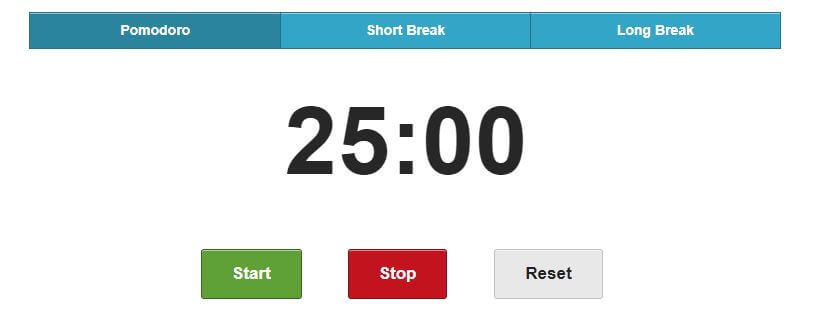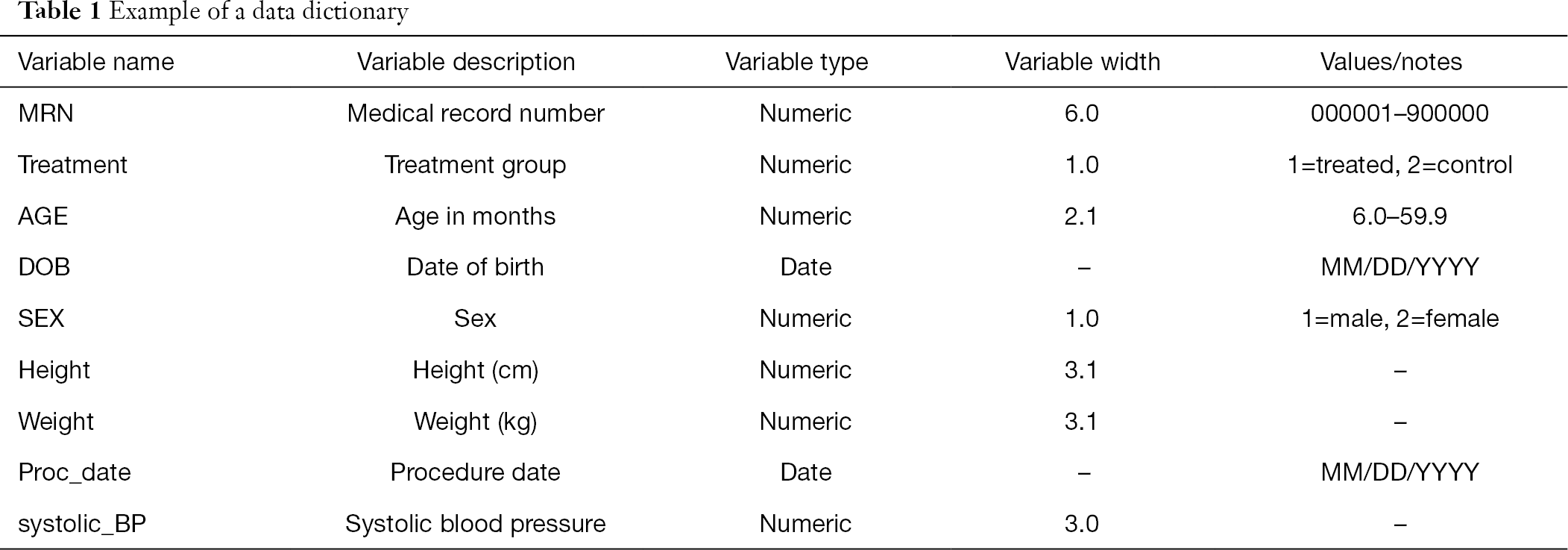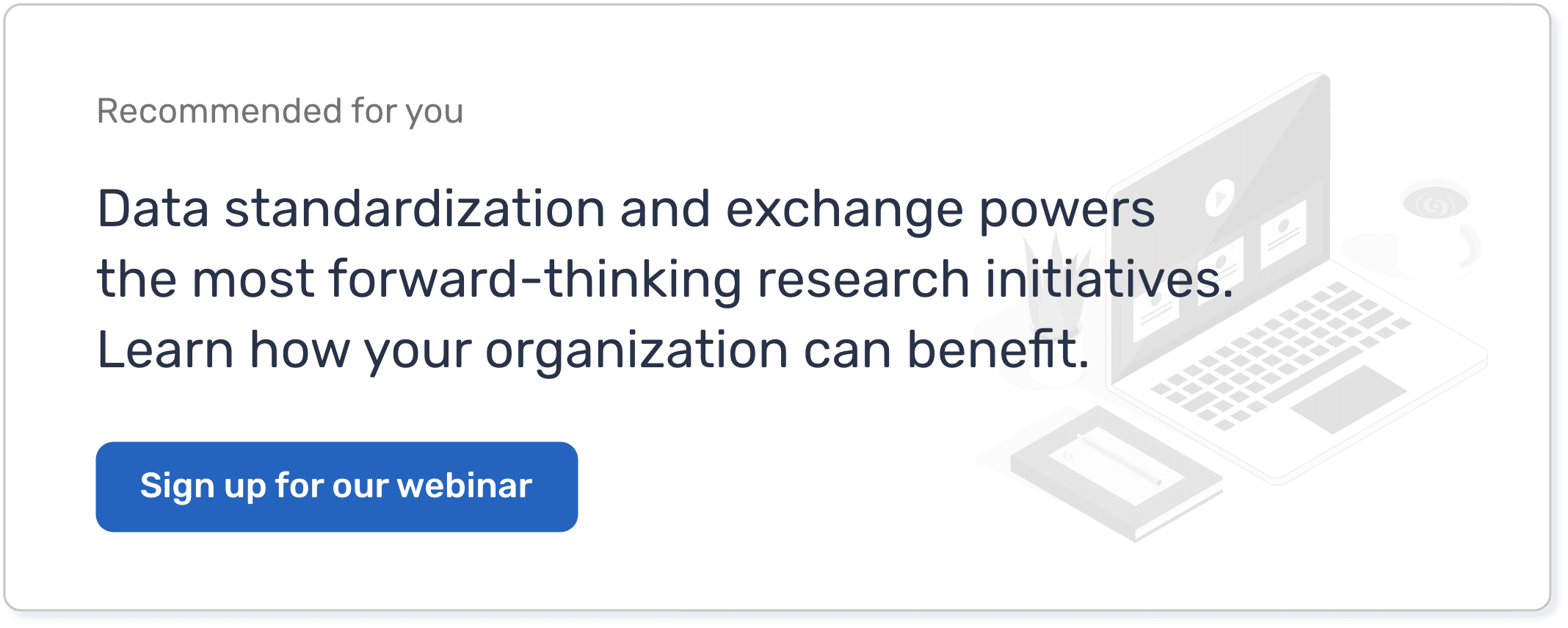Improve your life as a researcher with these actionable, real-world tips:
In November 2016, I completed my Ph.D. I remember it quite vividly, the energy I felt when I knew I had finally accomplished what I had been working toward for years. It was extremely rewarding because a Ph.D. is a challenge that requires never-ending perseverance and a genuine interest in what you are researching. Over the years, I have also seen that many things can be done in a smarter and faster way, and I have been compiling a list of tips that can help any researcher to accomplish more with less – from student to Ph.D. students to postdocs. By sticking to these tips, I managed to complete my Ph.D., working on it three days a week, while building and growing Castor. I hope they will be just as helpful for you!

I have organized these tips by topic – you can also click on the title to jump to that section:
- Time management and focus
- Training and conferences
- Study design and protocol
- Data capture
- Handling your Professor
- Analytics and statistics
- Writing your paper
- Publishing
- Other
Time-management and focus
- Accept the fact that you cannot multitask (nor anyone else). Focus is key! It takes 20 minutes to be fully focused again once distracted.
- Disable all notifications for everything. The biggest distraction ever.
- Determine what you will work on at the start of the day, and stick to that religiously.
- Devote some time each day to read publications. Keep some sort of journal of read publications, with a very brief summary of each one or highlight the key message in the text. You can simply use pubmed or develop your own method.
- Use the Pomodoro Technique to focus for 25-minute stretches, and reward yourself with 5 minutes of play/chat time
- Regular exercise and meditation have proven to improve both focus and well being. Use the fact that you have full control of your own time to your advantage!
- Use white noise to block out distractions, e.g.: http://brain.fm.
- Discuss difficulties with your colleagues or fellow researchers. Try not to reinvent everything on your own. Most of your fellow researchers have gone through the same processes, issues, and setbacks.
- Don’t think you can solve things by working 60 hour weeks. If you follow these tips, value your time and work efficiently, I guarantee you, you won’t need to.
- Sleep well! The brain needs to recover and sleep is the only way to do it!
Training and conferences
- Make the most of your training budget and the training offered at your institute, now is the time to learn! They are usually crowded so sign up ahead of time.
- Be sure to scope out interesting conferences ahead of time, because you will need to send in abstracts early. I often forgot to do this so I missed out on some awesome conferences. I suggest scheduling a few hours on your calendar every 3 months to make sure you don’t miss out.
- Sign up for relevant newsletters to stay in the loop about these events.
Study design and protocol
- Spend a lot of time thinking about the design of your trial, you can not easily go back and fix it when your trial is underway.
- Make sure to ask for help as much as you can with your study design.
- Always check your randomization design with a statistician.
- When conducting a trial, make sure to register your protocol with one of the trial registries, or even publish it as a paper, it will greatly increase your chances of publication later on (and very often is mandatory).
Data capture
- Never ever use Excel or SPSS to capture data! Why?
- Use a validated tool for data capture, like Castor EDC, even if your study is not GCP compliant.
- Ask any experienced researcher, doing data capture the proper way will make your life so much easier down the line.
-
- Start with a data dictionary before you build a database:
- Confirm the data dictionary with your colleagues.
- Build your study in a user-friendly, affordable, EDC system (yes, that’s us! You can start right now!)
- Start with a data dictionary before you build a database:
- Don’t capture data you don’t need! This will only make analysis of the data more difficult.
- Extensively test your eCRFs by entering test patients and have others test it too
- Making changes to eCRFs in use is something you always want to avoid.
Handling your Professor
- Your professor is not god, they also make mistakes and can be wrong. Don’t just blindly assume they are right. You need to think for yourself!
- Understand that you are only a small part of their universe and that they are, by definition, overloaded with work.
- So do anything you can to make it a pleasure to work with you by:
- preparing properly, create an agenda;
- asking clear and concise questions;
- break up the decision making for them, so they can quickly process whatever you need from them.
- Make notes of every meeting and send them around.
- Set (realistic) deadlines for them, e.g. 2 weeks to get back with comments on your draft.
- Encourage them to use Google docs to work on your draft, this makes it infinitely easier to process comments and edits from multiple sources.
Analytics and statistics
- Always try to consult a statistician before you start analyzing data.
- Have a plan ready before you even look at the data.
- Take the time to join courses that explain what steps to take in your statistics journey. We organize the Castor Academy where an experienced epidemiologist explains the most important steps to take and how to take them.
- Explain to your professor that it’s a worthwhile investment because it will increase your odds of publishing in a high impact journal.
- You will need high quality, vector versions of all your graphs for your thesis, so save them in either EPS or vector PDF from the start, this will save you a huge headache 4-6 years from now.
Writing your paper
- Figure out what your Scientific Nickname will be. Usually one or two initials and last name (e.g. DL Arts), but you might have an evil twin on Pubmed so make sure to check. If you have, you could consider using a different variant. Just make sure to stick with it, so everything lines up nicely when the publications start rolling in. Luckily, ORCID will solve this evil twin problem, but it’s not widespread yet.
- Always use a reference management tool! Your life will suck if you don’t.
- Endnote (could be provided through your institute);
- Reference Manager (could be provided through your institute);
- Mendeley (free).
- Start with a bullet list outline for your paper and start filling in the gaps, don’t try to write everything at once.
- Write the abstract first to get a feel for what you are trying to communicate. This is just to have a clear goal in mind for the paper. Not everyone at Castor likes this approach, so determine if it works for you :).
- Read similar papers to get a good feel for the subject, also make sure to carefully check their references for any golden nuggets.
- Try to write something every day! Just sit down and force yourself to write something for 20 minutes, even if it’s poor quality. If you’re in a good flow and your thoughts are well organized, you may just write the perfect paper (section), or key messages in just a few hours.
- Use Google docs for most of your writing when you are collaborating. Merging multiple Word versions of the same document is a nightmare.
- To manage references in Google doc, you can use the feature in your reference manager to copy the unformatted reference. I, it will look something like this: {Author, year #no.}. When you are done collaborating in Google Docs you can copy everything back into Word and use the “Convert unformatted references” feature to create fancy looking references.
- Create a file structure for all your projects, so that you never confuse versions and can easily find what you need, e.g.:
Publishing
- Take some time to scope out the right journal, see if:
- They publish similar things;
- Have not published anything very similar recently;
- See if they publish an Acceptance Rate, also make note of the Impact Factor and Citation index, because your professor will be interested in these;
- Use a Journal Finder to help conduct the search.
- When planning, take into account it can take months for journals to respond!
- Always make sure you address every comment by a reviewer and be polite even if you do not agree.
- Make sure the journal gets the Names and Initials of all the co-authors right.
- Store the “Author Proof PDF” file after each submission, because you can copy information from that if you get rejected and need to submit elsewhere.
Other
- Check if there are existing forms that you can reuse
- Don’t spend time on building Case Report Forms that one of your colleagues might have built! Check the Castor Form Exchange and your institution’s research portal if one of the forms that you want to use is already built and encoded using metadata.
- Get an ORCID, it’s the future: orcid.org.
- Keep track of possible (travel) grants for your (future) work. Try to make a template with some great one-liners that you can reuse for every grant application. Spend some time figuring out which (commercial) organizations devote money for research proposals in your field. It’s usually not a great amount of money, but if you manage to succeed with some of the proposals it may save you lot at the end of the road. There’s a lot of money out there; aim for the moon and shoot for the stars.
Please share this with your Ph.D. friends if this was useful for you and let us know if you have any additions via [email protected]!













